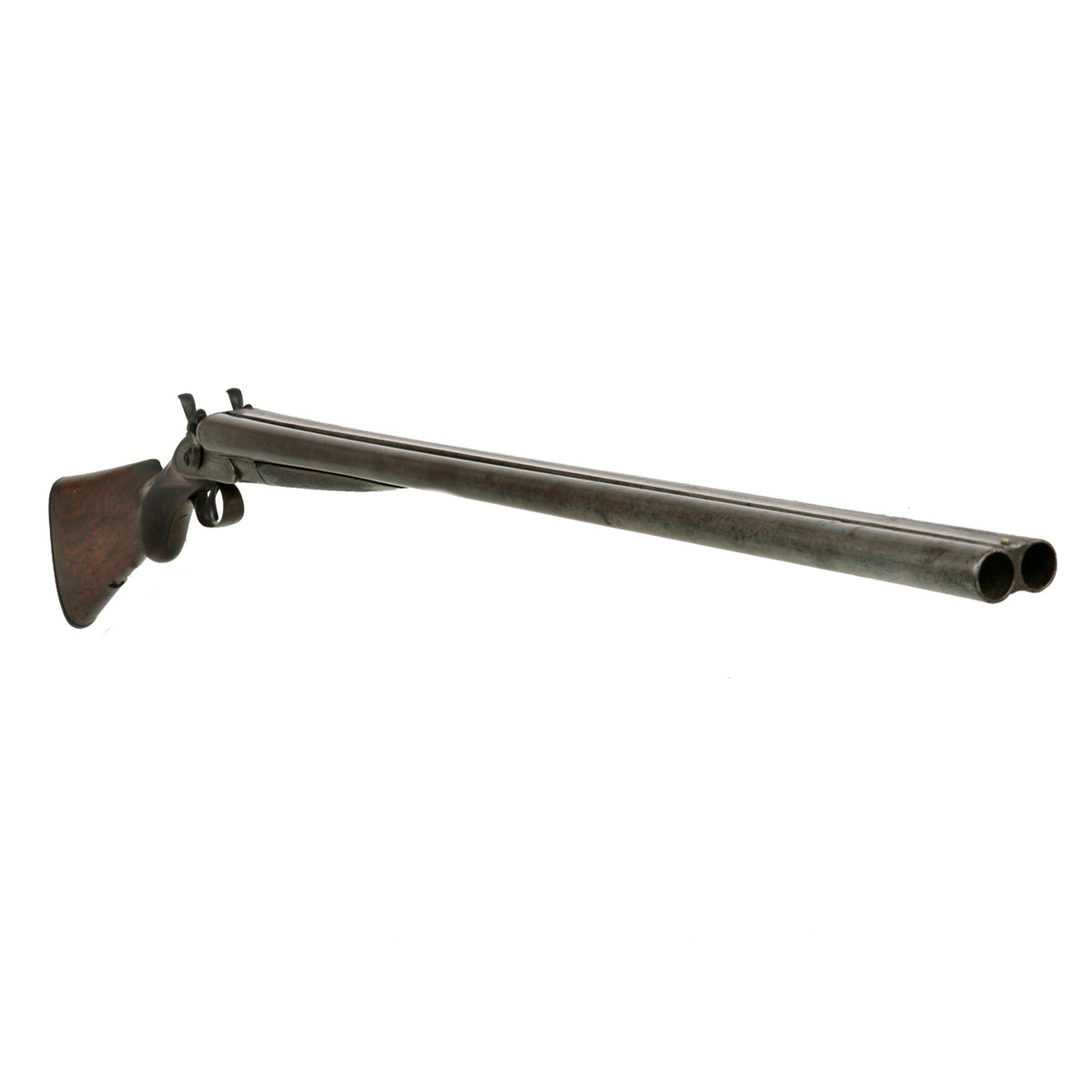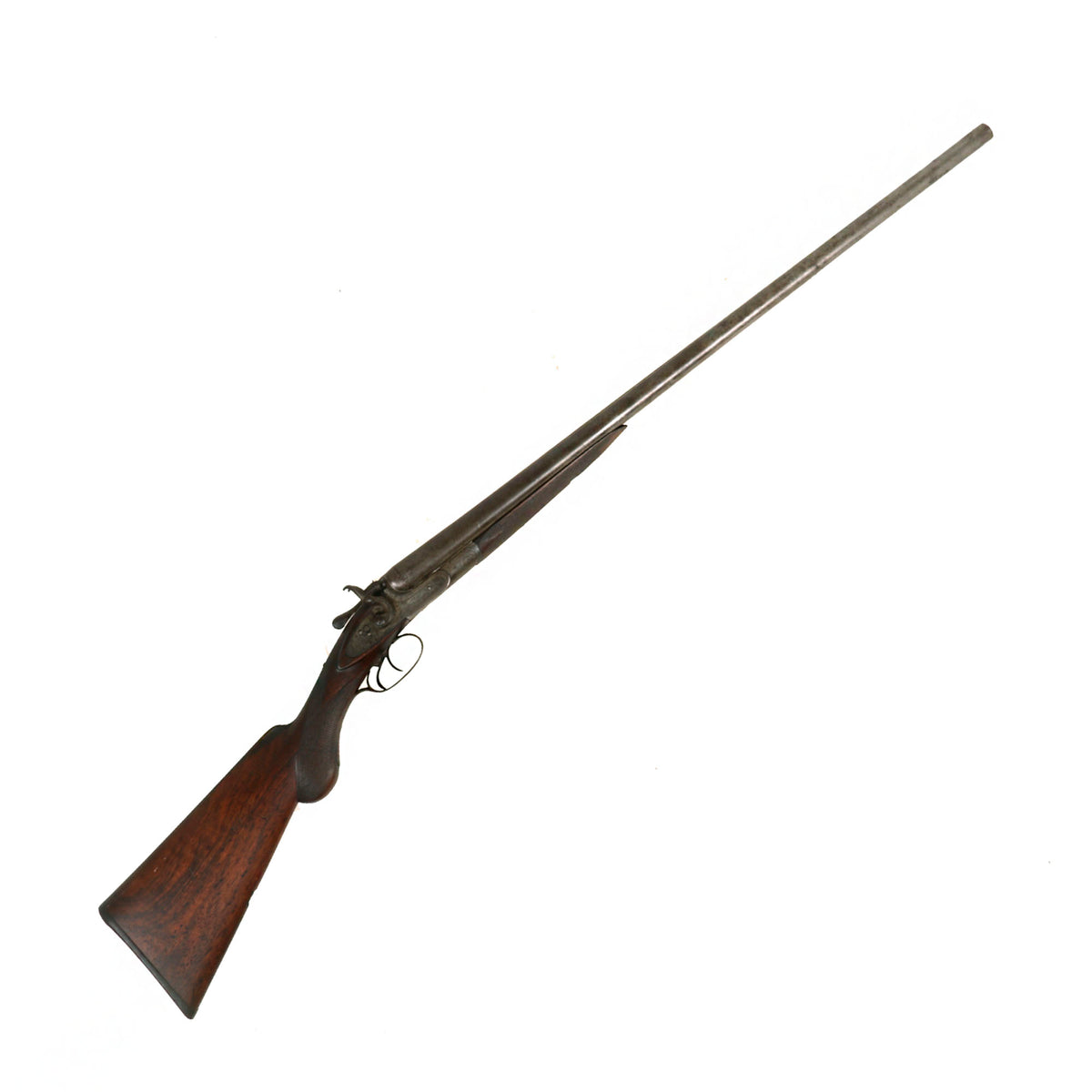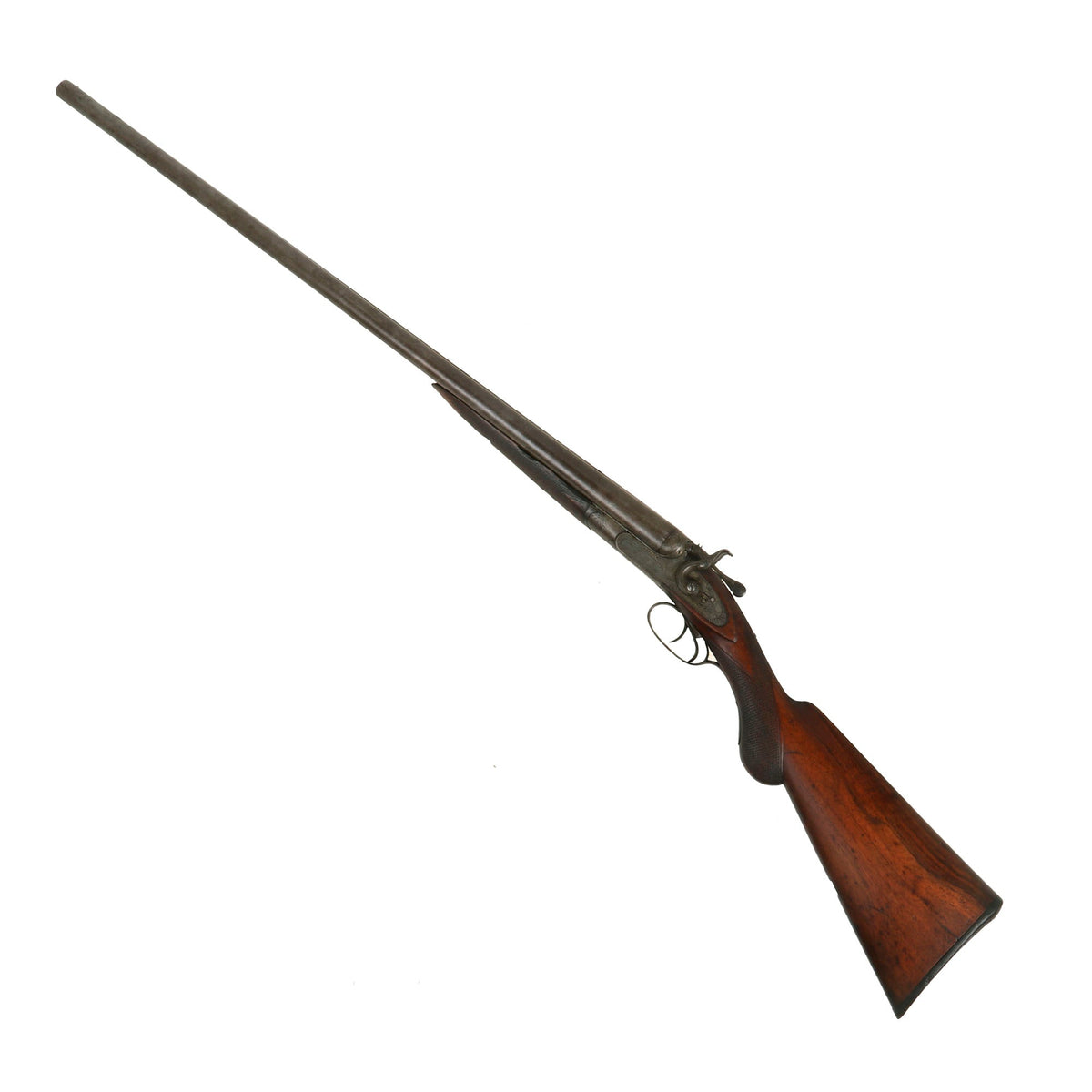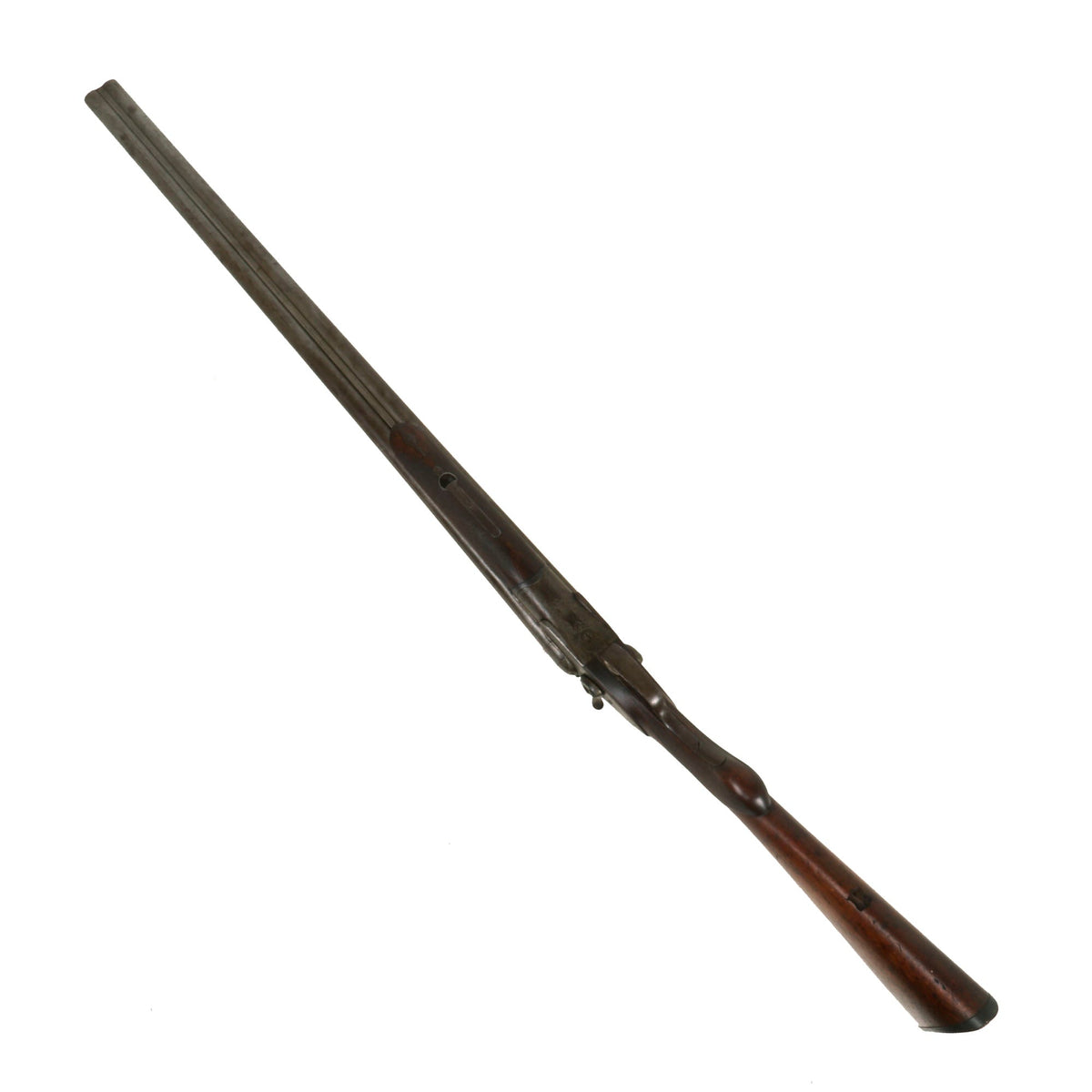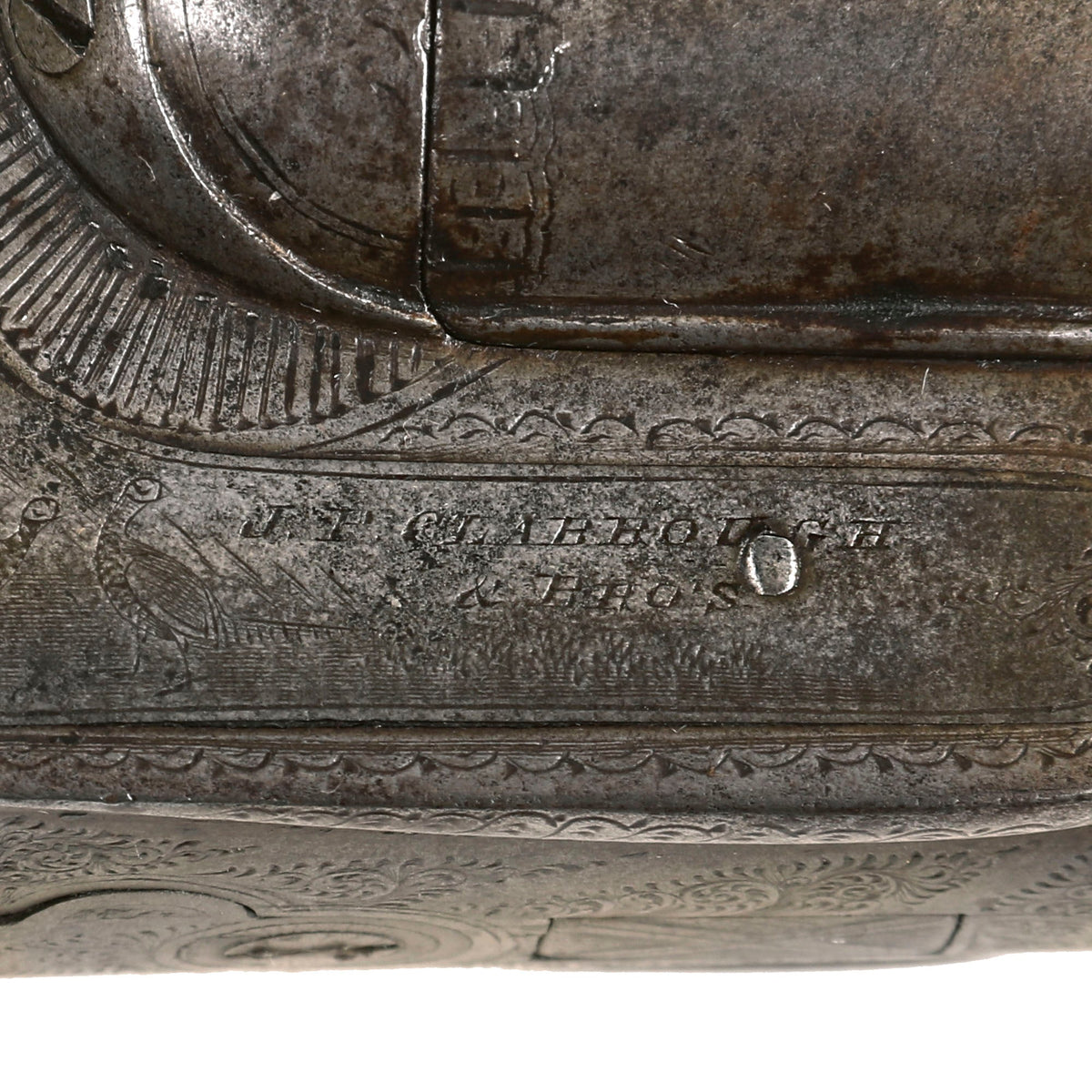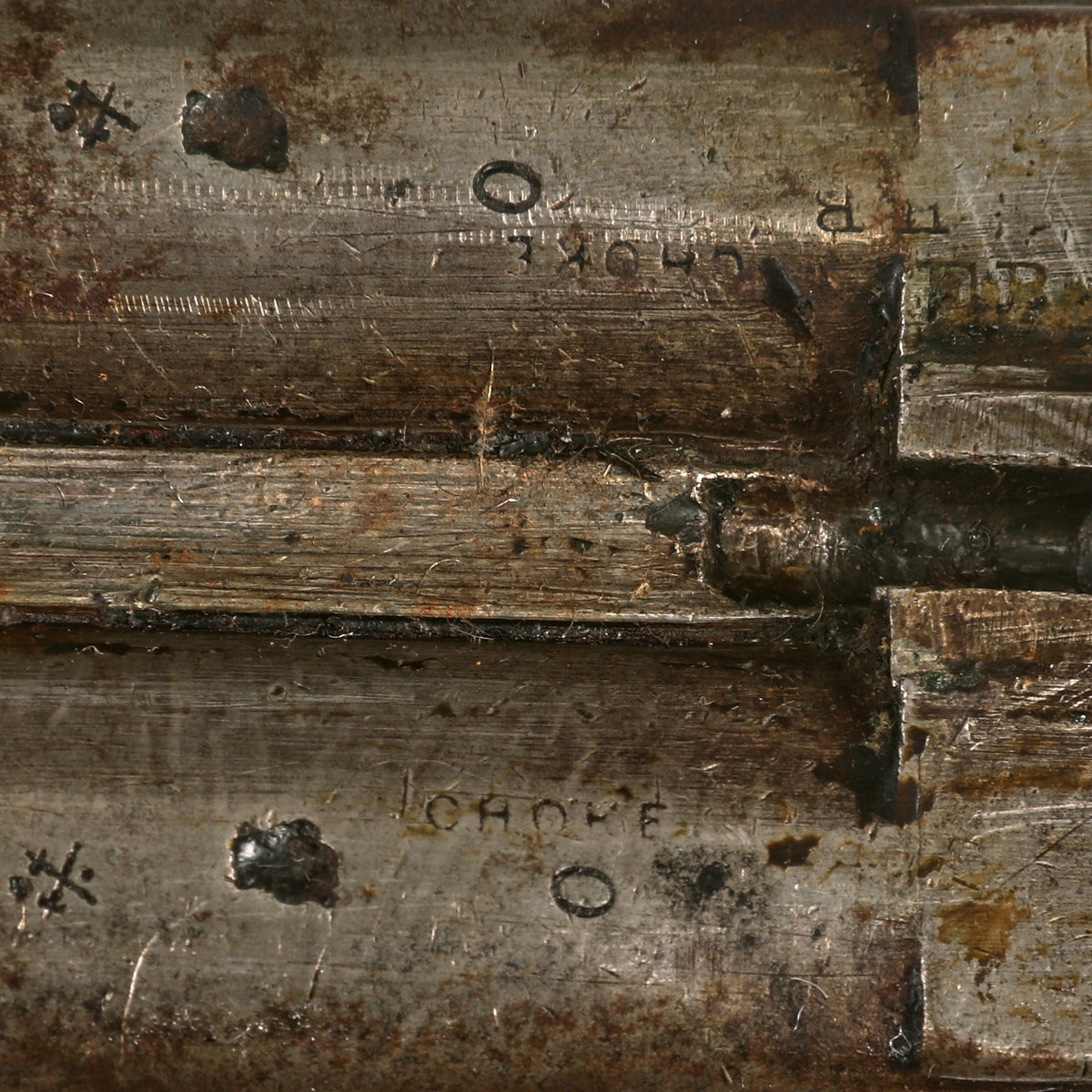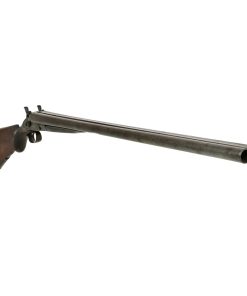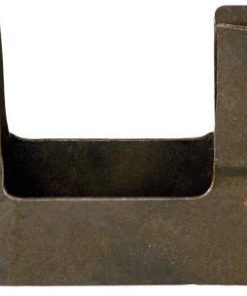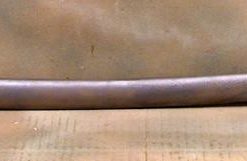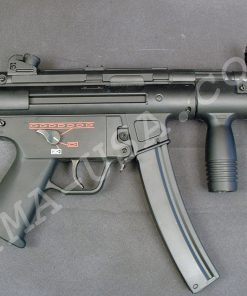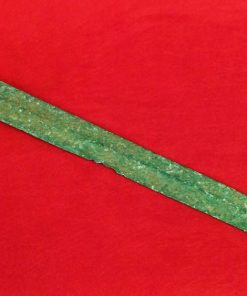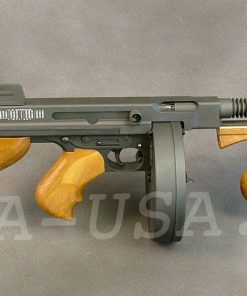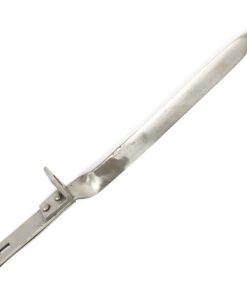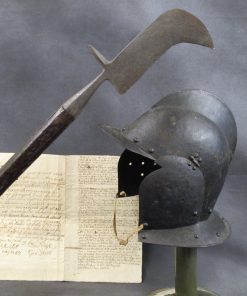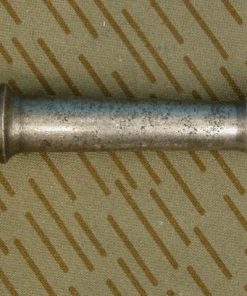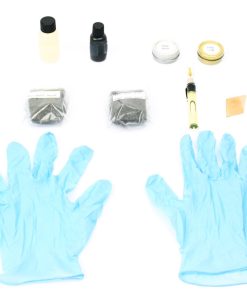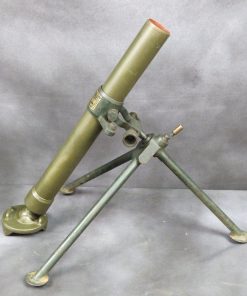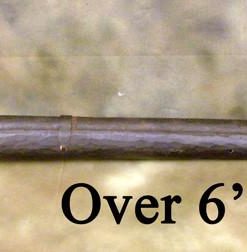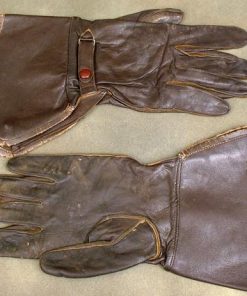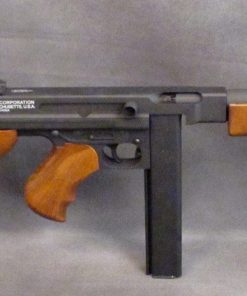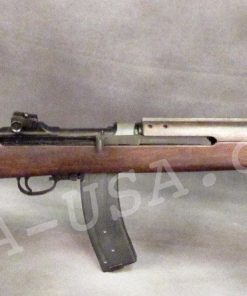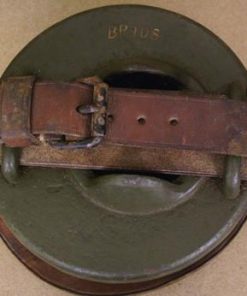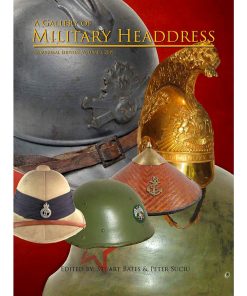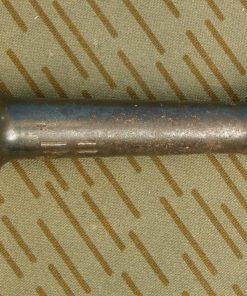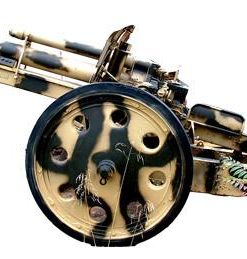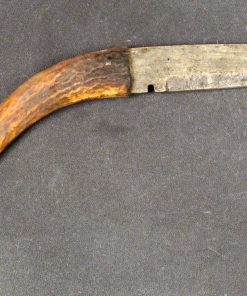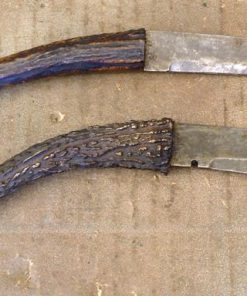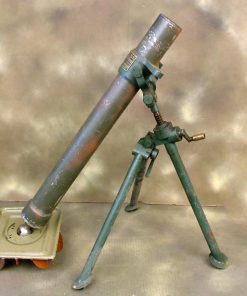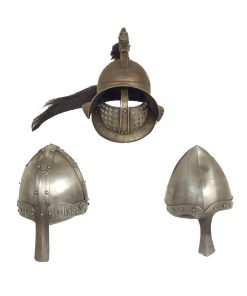Original British 12 Gauge Double Barrel Hammer Shotgun by J.P. Clabrough & Bro’s Serial 18237 – circa 1890 Original Items
$ 695,00 $ 208,50
Original Item: Only One Available. Here we have a very nice upmarket British-made Double Barreled Hammer shotgun, probably intended for the large U.S. import market. It is marked on banners on both lock plates with J.P. CLABROUGH & BRO’S, a large producer and importer of British firearms from Birmingham, England, with addresses in San Francisco, California as well as London and Birmingham.
San Francisco is where British Immigrant and Gunsmith John Plumb Clabrough set up his first shop in 1867. He had originally arrived in New York City circa 1857 with his brother George and sister Harriet, and after some time arrived in St. Louis, where he found work in the shop of the legendary Samuel Hawken circa 1860. After some time he set out on his own to California, and found work there with several firms, and by late 1863 was listed in the cities business directory. His business grew, and circa 1868, his brother George moved to San Francisco join the company. At the same time his younger brother Joseph, also trained as a gunsmith, had set up in Birmingham, England as a gunmaker.
J.P. then visited England to set up production contracts in Birmingham for import into the United States, and his brother Joseph joined up to oversee the logistics. Then in 1871, he returned again to Birmingham and set up his own factory at 8 Whittall Street. At this point the company became known as J.P. Clabrough & Bros., with both San Francisco and Birmingham addresses, and the company operated under this name for the next 20 years or so. In 1890, new import Tariffs unfortunately dealt a serious blow to Clabrough, and the factory in Birmingham, England was sold. J.P. Clabrough then busied himself with real estate, until his untimely passing in 1895 from Liver Cancer.
We believe that this lovely upmarket example from this company was made probably around 1890, during the height of Clabrough’s import business. The barrel strap still has a clear marking near the breech:
J. P. CLABROUGH & BRO’S LONDON LAMINATED STEEL
It indicates that the barrel is “damascus” forged, resulting in a lovely pattern due to the laminated nature of the steel, which also adds strength. The finish on the barrels is faded to a gray patina, but the spiral forging lines are still readily apparent in some areas and very attractive.
The bottoms of each barrel bear the correct Birmingham proof marks, including the CROWN / CROSSED SCEPTERS / BPC “proof” and CROWN / CROSSED SCEPTERS / V “viewed” marks. There is also the CROWN / BP definitive “black powder” proof, seen on late 19th century guns. Both barrels also are marked CHOKE 0, as well as 12B / 14M, and NOT FOR BALL. In this case, “12B” stands for 12 Bore, or gauge, which is about 0.729″, and “14M” stands for 14 muzzle choke, so the end of the barrel is only 0.693″ in diameter. This is why it says “not for ball”, as using a 12 gauge ball would destroy the barrel, and be very dangerous. This type of notation was used by British proof houses during period 1875 to 1887, after which a new system was put into use, which allows us to definitively set a time period for this shotgun.
The use of a “choke” in the barrel was intended to help with the spread of shot, and came into use during the three decades or so of the 19th century. The shotgun is also serial number marked with 18237 on the bottom of both barrels, on the fitting for the fore stock, and on the receiver “table” inside the hinge joint, so no parts have been lost or swapped out over the years.
This lovely upmarket DOUBLE BARREL 12 gauge Hammer Shotgun presents very nicely, with a lovely patina of age, showing much handling and probably moderate use. It is all iron mounted, and features lovely ornate engraving on almost all of the hardware, particularly the frame and side action locks. The original finish has faded, and there is a bit of wear on the engraving, but it still looks great. It has a great checkered “pistol grip” style butt stock, and the fore stock is checkered as well. Originally intended for hunting and home defense these saw a lot of use on the Frontier and were supplied to both Stage Coach Lines and Railroads.
The action still functions correctly, breaking open using the rear lever with ejection and dry firing. The locks do not have any provision for a half cock position, which is common for a hammer shotgun. It is fitted with “bounce back” style hammers, which strike the back of the firing pin and then return to battery, allowing the firing pins to reset, though the springs on both firing pins are unfortunately missing or broken.
The rear stock has some lovely curl, and has a very nice hard rubber butt pad. It is really in great shape, showing very little in the way of cracking or other damage, with some wear on the checkering. There looks to have been a shield-shaped escutcheon on the bottom of the butt stock, which is now missing. The fore stock is a bit more worn, and has small chunks missing from the edge, especially near the back. It still locks correctly onto the bottom of the barrel, released by a lever on the underside. We checked the bore, and it definitely shows signs of use, with past oxidation and fouling present. There are also a few dents on the outside of the barrel.
A very nice antique hammer shotgun by a well-known U.S.-based importer of British shotguns, ready to research and display!
Specifications-
Year of Manufacture: c.1895
Caliber: about .729″ with 3 inch chambers
Cartridge Type: Centerfire Cartridge
Barrel Length: 30 Inches
Overall Length: 47 Inches
Action type: Side Action Locks with External Hammers
Feed System: Top Break with Top Lever
Fast Shipping with Professional Packaging
Thanks to our longstanding association with UPS FedEx DHL, and other major international carriers, we are able to provide a range of shipping options. Our warehouse staff is expertly trained and will wrap your products according to our exact and precise specifications. Prior to shipping, your goods will be thoroughly examined and securely secured. We ship to thousands clients each day across multiple countries. This shows how we're dedicated to be the largest retailer on the internet. Warehouses and distribution centres can be located throughout Europe as well as the USA.
Note: Orders with more than one item will be assigned a processing date depending on the item.
Before shipping before shipping, we'll conduct a thorough inspection of the items you have ordered. Today, the majority of orders will be delivered within 48 hours. The delivery time will be between 3-7 days.
Returns
The stock is dynamic and we cannot completely manage it because multiple stakeholders are involved, including our factory and warehouse. So the actual stock may alter at any time. It's possible that you may not receive your order once the order has been made.
Our policy is valid for a period of 30 days. If you don't receive the product within 30 days, we are not able to issue a refund or an exchange.
You can only return an item if it is unused and in the same state as the day you received it. You must have the item in its original packaging.
Related products
Uncategorized
Uncategorized
Uncategorized
Uncategorized
Uncategorized
Angolan Rebel 1970s era 60mm Inert Display Mortar from Angolan Civil War Original Items
Uncategorized
Uncategorized
Uncategorized
Armored Burgonet Helmet & Polearm from Scottish Castle Leith Hall Circa 1700 Original Items
Uncategorized
Uncategorized
Uncategorized
Australian WWII Owen MK1 Machine Carbine SMG Custom Fabricated Replica with Sling Original Items
Uncategorized
Uncategorized
Uncategorized
Uncategorized
Uncategorized
Band of Brothers ORIGINAL GERMAN WWII Le. F.H. 18 10.5cm ARTILLERY PIECE Original Items
Uncategorized
Uncategorized
Uncategorized
